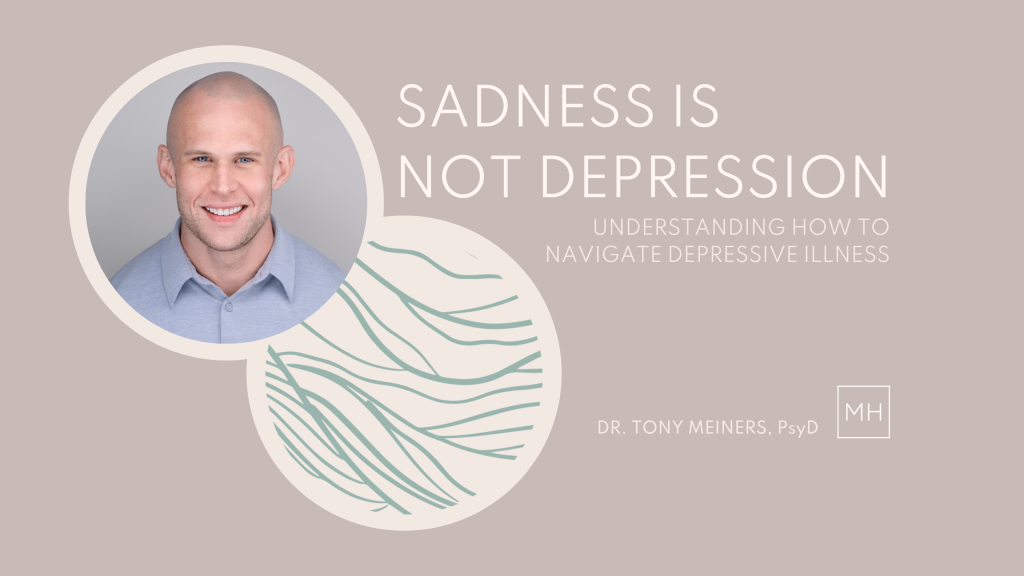FAMILIES + INVALIDATING ENVIRONMENTS WITH DR. DORIT SABERI, PhD
I start by saying that inadvertently we all create invalidating environments for our family members. And the example is in the idea of fixing, but also that there isn’t always a fit, especially for individuals who come in with some biological predisposition that is then met with subtleties and invalidation.
SLIGHT INVALIDATION
The analogy that comes to mind that I think Marsha Linehan used often is having a family of bakers that have the first gluten sensitive child born, and so they’ve been serving bread and making bread and the child is very reactive and they have no idea why. And as an analogy, that lack of fit can be a family of outgoing, outspoken people or high achieving that have maybe a child that’s more reclusive and introverted and maybe have other ambitions or other strengths. They maybe are artistic and it’s a family of engineers. And so there are many examples of slight subtle invalidation that can happen.
RECOGNIZING INVALIDATIONS
So we start by just talking about in the group setting what are some ways that you now recognize those subtle invalidations that you inadvertently brought in to this dynamic? And how can you stay more mindful of that in everyday interactions? And what skills can you learn to create more validation? And the first piece, as I mentioned, is this mindfulness of noticing where are my judgments? How am I running to solutions? What am I discounting as their own emotions? And how am I not vulnerable? And how do I wanna just seem like the strong person instead of an equal in this relationship? And so, that’s what starts changing in the family group, and I think over time improves the relationships.
DO YOU HAVE A QUESTION?
Send our team a message or call 888.717.9355

